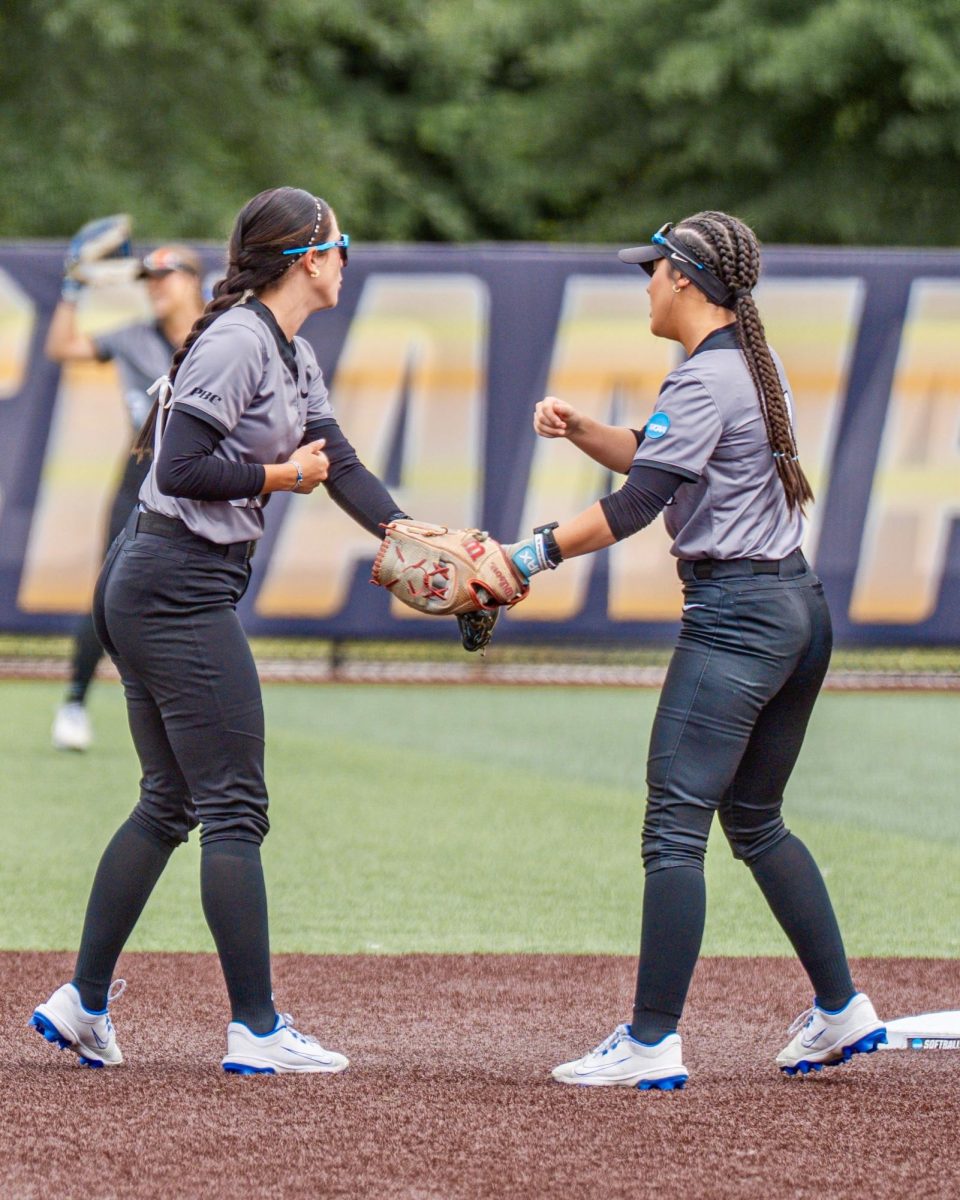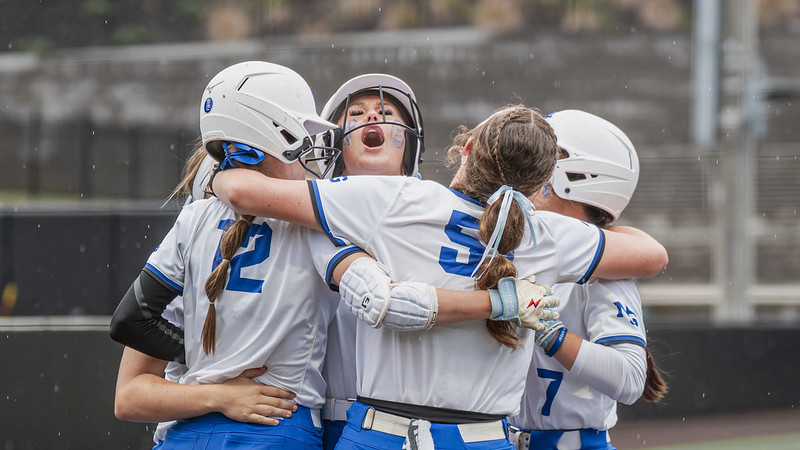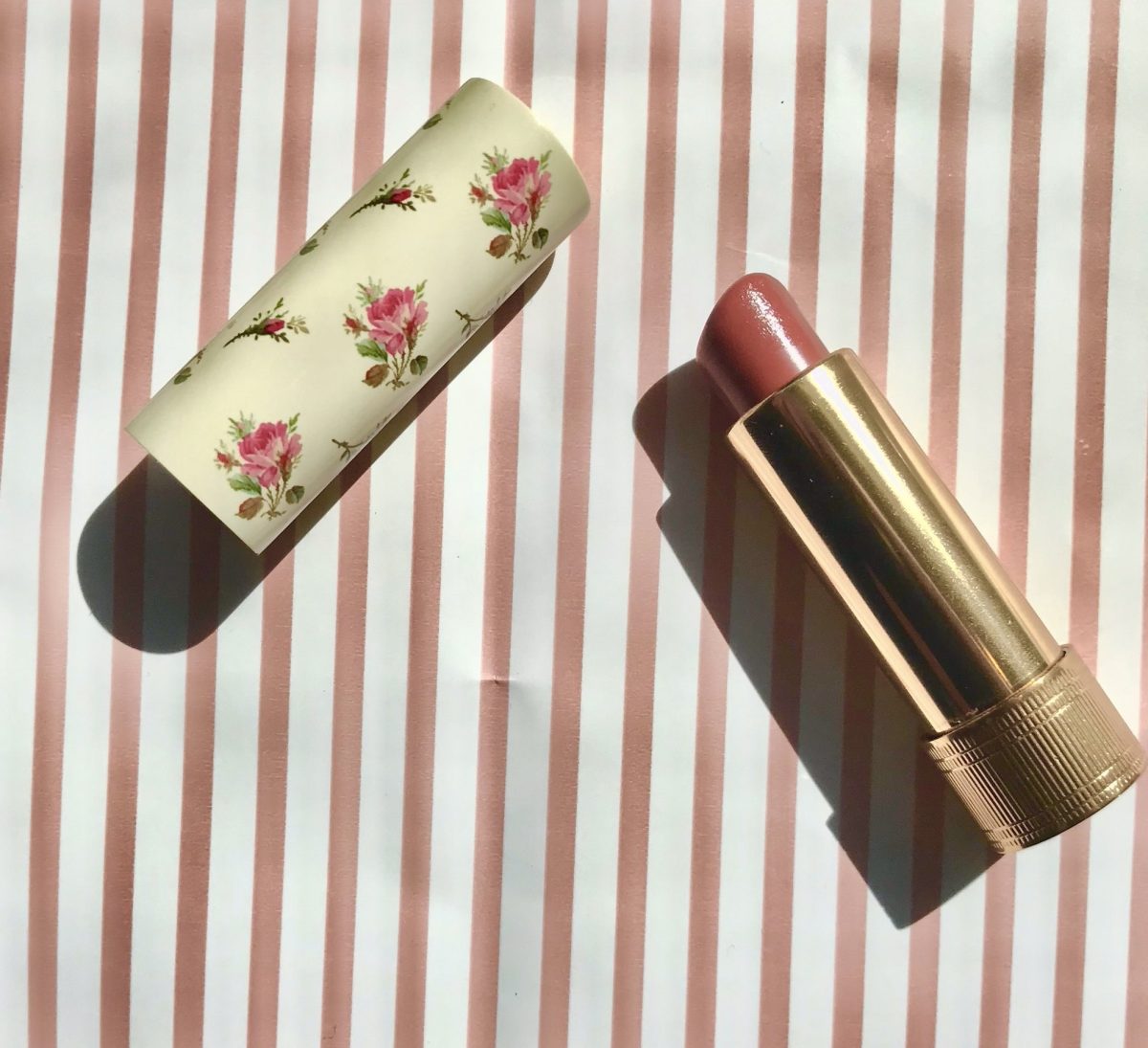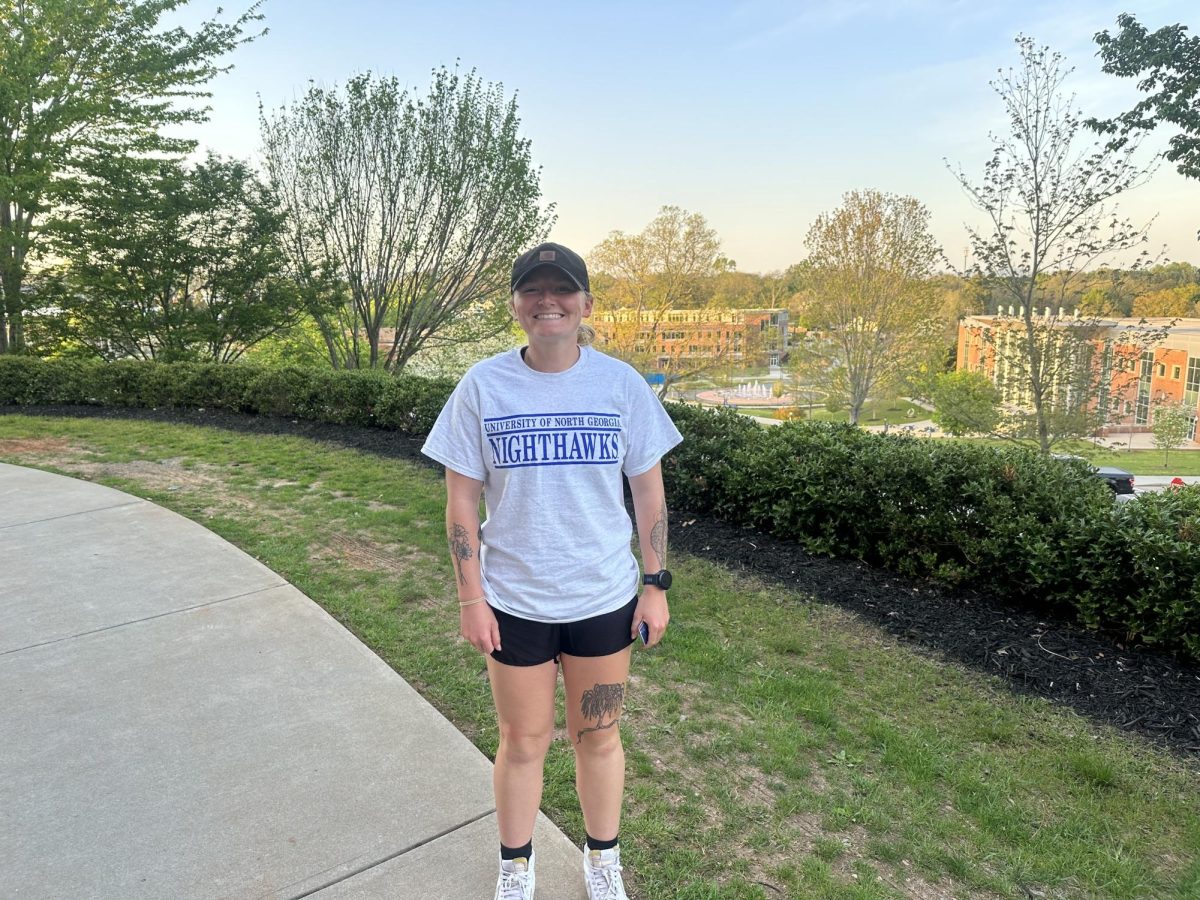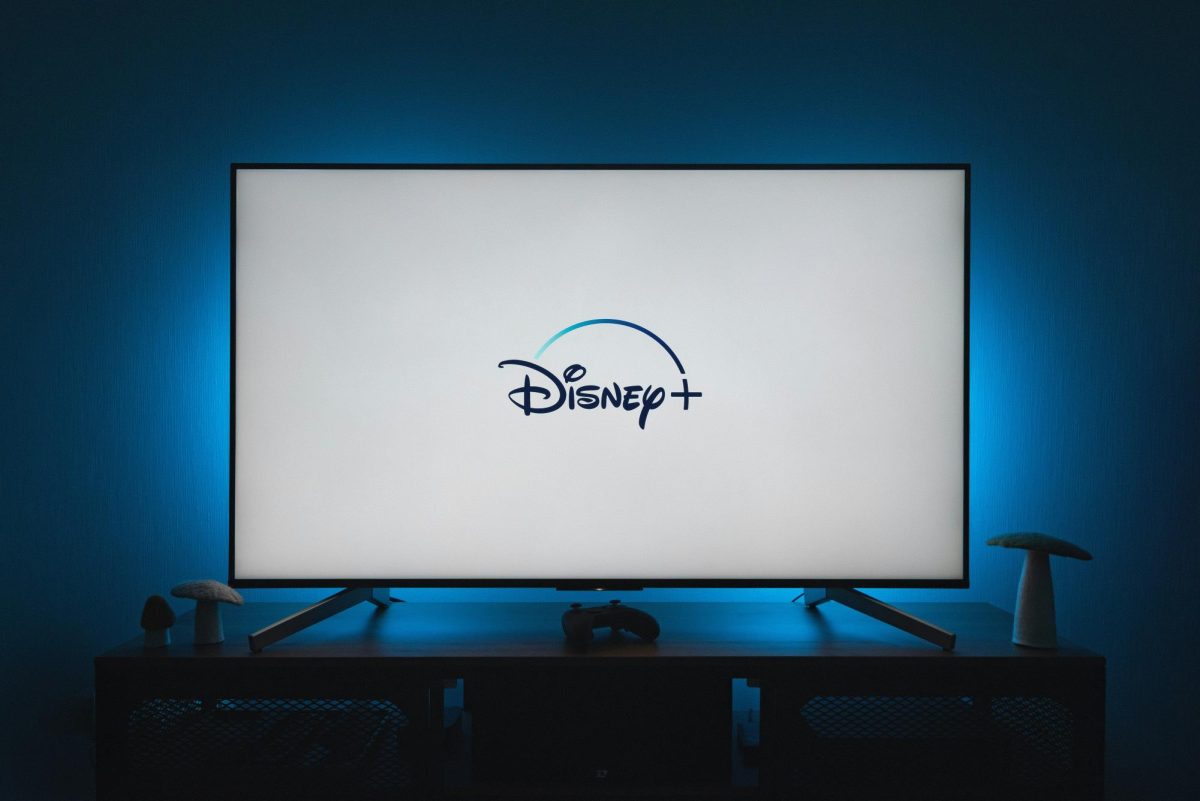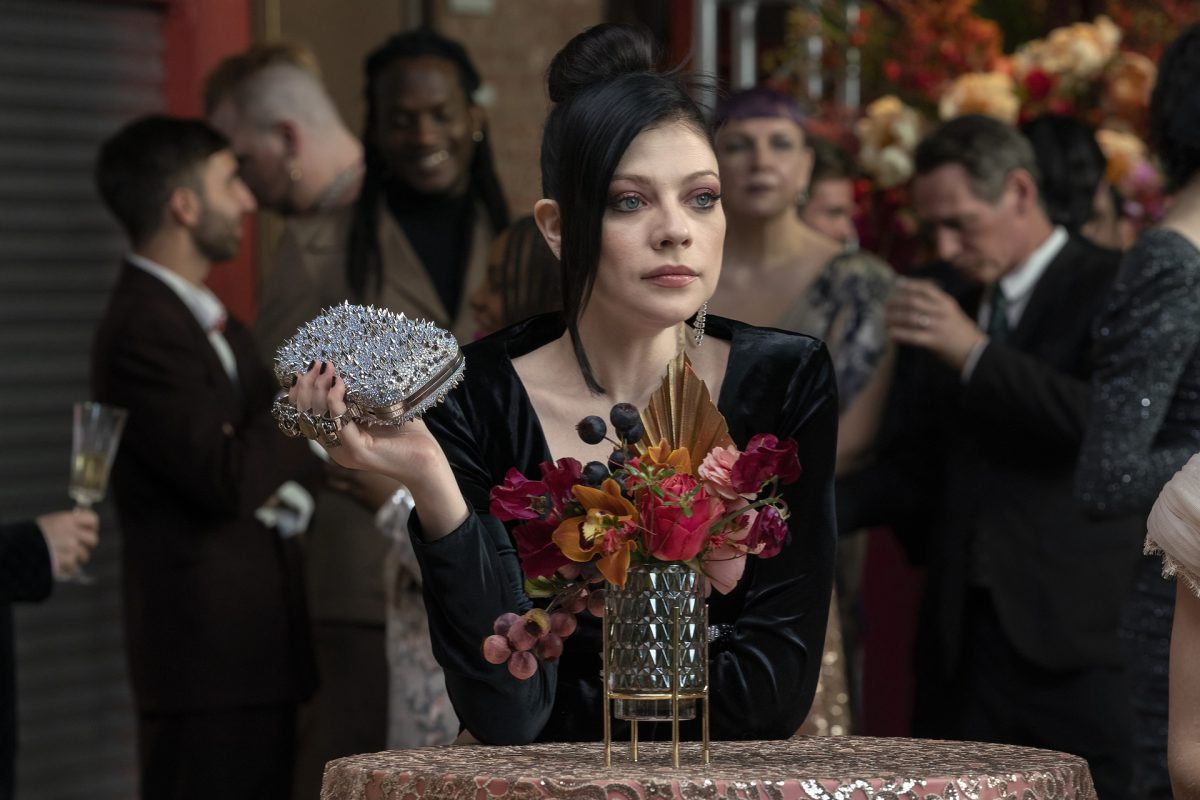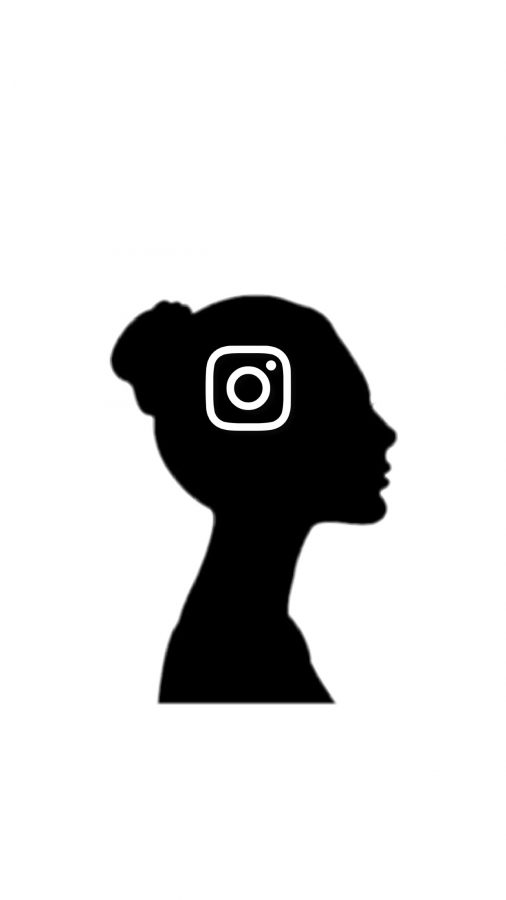Everyone has seamless access to the internet now and people can no longer afford to avoid social media, as it is used for communication in daily life. The widespread use of the internet and social networks seems so currently indispensable in everyday life that online and offline social lives seem linked to each other. This means that now people are obtaining access to a bewildering amount of not only different women from different places and cultures but also access to a very specific type of woman. And these specific types of women seem to have it all. All of the sudden, the average everyday teenage girl, mother, or just simply put, woman, is pushed to compare themselves against someone who they’ve only seen online. The perfect model, the perfect body type, the perfect wife. All of this can create distorted ideas of beauty that can pollute not only the minds of women but of men as well, who can also start to develop an unrealistic view of women. Instagram only encourages this.
Excessive Instagram use highly contributes to negative psychological outcomes in women, such as self-esteem damage and body dissatisfaction.
Women become obsessed with developing not only the idyllic life on social media, but also what they think is the perfect figure, personality, and face. To have small noses, large eyes, full pouts, pale skin. To be fiery, unpredictable and sexual, but of course, not too much. This is seemingly the “paragon woman” on Instagram, and it ultimately hurts women of all shapes, disabilities, sizes, and races.
Instagram isn’t always negative. If used wisely, it can be used to foster a positive and productive environment as well. Instagram is a social networking service that launched back in 2010. In just a few years, Instagram gained over 1.3 billion active users and is still growing. Research shows that Instagram received a positive mark for self-expression, community building, self-identity and emotional support –when used correctly. You can find pretty much anything you’re looking for on Instagram from makeup tutorials to pasta recipes. It’s an excellent tool when it comes to motivation and influence and just seeing different perspectives from places all over the world. This is a great way to keep in touch and make connections even on opposite sides of the globe. But it becomes the exact opposite when we begin to compare ourselves to what we see on the tiny screen in front of us.
Every woman at one point has fallen down the deep rabbit hole that is Instagram and found themselves at the bottom feeling less than.
When liking photo after photo or stalking pictures of others’ seemingly better lives, we begin to wonder why we aren’t shopping for our size two frame in Greece with our model friends or on a yacht wearing designer bikinis.
“Using Instagram when I was younger really made me realize that we live in such a weird society.” said Maria Parra, a local 18-year-old college student. “Even with my own Instagram, I barely post pictures just because I can be so picky.”

According to Instagram, users share an average of 95 million photos and videos per day. Today, on Instagram alone, 337 million selfies can be found through #selfie. That’s a lot of different people, a lot of scrolling, a lot of likes, and a lot of time spent scrutinizing other people’s painstakingly curated public images. Slowly but surely, female users begin to formulate the feeling that everyone else’s lives are more perfect or better than their own, which can eventually lead to even more harmful self-assessments than before.
You see all of that, and come to the realization that others are living the life of their dreams and you are not. Thus begins the vicious cycle of women juxtapositioning themselves against filtered, unrealistic and heavily-edited versions of reality which sequentially messes with our natural psychological processes and supports an irrational belief that other people’s experiences are superior to our own.
Numerous studies have examined and reported that the problematic use of social media is associated with psychological, physiological, and social factors, such as a higher rate in depression, sleep problems, lesser life satisfaction, and weaker social connectedness. All of this is simply caused by an addiction. Moreover, it was reported that users mostly fulfilled their needs of self-promotion, surveillance, and documentation through Instagram rather than communicating with others.
Dr. Jennifer Zumarraga, director of adolescent psychiatry at El Camino Health in California said that she has seen the impact that social media can have on young girls.
“I have seen it have quite a detrimental effect on their view of themselves, their body image,” she said in an interview with NBC News. “I have often seen that it leads to depression, anxiety and eating disorders.”
We have always cared about how we look. As humans and as women, we tend to be hyper-critical when it comes to our own image. When combined with social media, it can lead to heightened insecurities. Even though it’s completely normal to want to receive positive feedback from other people, which makes us feel valued and loved, if used as an instrument for validation it could be dangerous.
There comes a point when you put all your effort into how you look and how you appeal to other people, you become more vulnerable to negative feedback. Being insecure and simple body dissatisfaction can be managed. Unhealthy behaviors like extreme dieting and on the severe end, eating disorders, depression, and body dysmorphia, can turn up when validation from social media turns into an obsession. That is why developing healthy Instagram habits, researching the side effects on your own and simply being aware of the dangers, is so important, especially as women.






